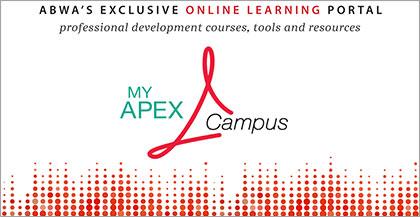No single person, no matter how intelligent or experienced, can understand everything there is to know about a given job. Questions will come up, and when they do, the individual – whether a software developer, project manager, sales engineer – or any other title, needs to have a handle on the specific support that is needed, and how to ask for it.
With more people working remotely than ever before, this topic is emerging as a persistent issue. This is particularly true in fields like tech, in which teams must understand how to quickly resolve network and other systemic breakdowns and problems. Here are some ideas how to overcome lack of on-the-job support and seek help:
- Be sure to reach out to the right person. Many times, unhelpful or unsupportive people are acting out of lack of knowledge. Before you text, email, or phone, consider if you are contacting the correct individual. This person may have taken a different position in the company and is no longer current on the issues you need. If you require specific examples of what to do, reach out to someone good at providing practical advice – not someone who offers platitudes like, “You’re smart, you’ll figure it out.”
- Understand the support you need and ask for it Make it clear to colleagues and supervisors alike where you need help. Do you need support on a particular problem? Do you require assistance to better understand the project in its entirety? Perhaps you need to just grasp your specific role in it? Maybe you need greater flexibility to make a deadline. What is it, exactly, that you need? It’s not a good idea to assume that people will automatically know. Tell them.
- Set realistic expectations of others. Many times, people are weathering enough challenges of their own to help out. They may not have the time or resources to be as supportive as you’d like them to be. Is it possible you’re asking for too much? This is where realistic expectations come in. Be sure you’re asking for assistance, nothing more. If your requests are excessive, you will need to start giving back before you can expect any support in return.
- Lack of support often means lack of communication. It can prove difficult to obtain the help you need if there is a big gap in communication. An outgoing person may be happy to talk at length about your problem. But if you assimilate information better by watching a video that explains the issue, contact a colleague who will use a platform like this to help. You may not “get” what the other person is saying or the individual you’re asking might not understand your request because of a communication gap.
- Network, network, network. You can never know too many people! If a trusted colleague quits to take another job with another company and you’ve relied on him exclusively, what then? The plain fact is that people move away, retire, etc. As noted earlier, no single person knows everything. A network of trusted friends, coworkers, mentors, and the like can help in areas where help and support may be lacking. A change of perspective may be what you need instead of relying on the same person.
- Finally, be sure you are willing to accept criticism. We all like to give good advice but we are sometimes awful at accepting the advice of others as it forces us to admit our weaknesses. It’s normal for an individual to think they know more than they actually do. Remember, there is a reason you asked for assistance. Don’t take their suggestion personally. Consider if doing what the person advises will help you professionally. If it will, do it!
In conclusion, never assume a colleague, supervisor or manager understands what you are asking. Don’t rely on a single coworker for assistance and be sure to reach out to the person who can address your problem best. Good luck!
About the Author, Susanne Tedrick
Susanne Tedrick is an infrastructure specialist for Azure, Microsoft’s cloud computing platform. In her work, Susanne helps her clients address needs and challenges surrounding cloud adoption, cost optimization and migration. Susanne is the author of the critically acclaimed “Women of Color in Tech” and the upcoming “Innovating For Diversity”. For more information, please visit: www.SusanneTedrick.com.






